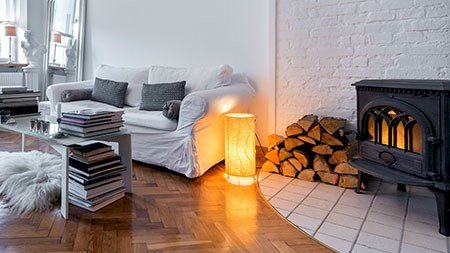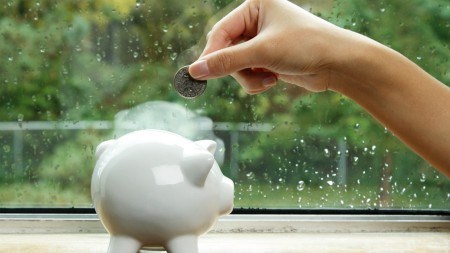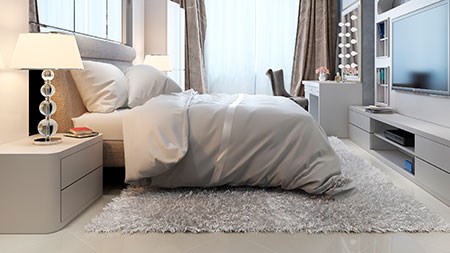The first icy fingers of winter have begun to close their grip on South Africa. As is typical of this time of year, thoughts turn towards thick blankets, warm clothes, hot food and heaters.
The problem is our living expenses continue to rise at a rapid pace and the possibility of another large electricity price hike in the future might mean that your current heater may no longer be the best choice.
Now is as good a time as any to re-asses your heater options. There are a multitude of different heaters available on the market so it can be quite tricky to choose the ‘right’ one for your family and budget. Given the current climate, it’s probably best to explore non-electricity dependent options first.
Non-electrical heating options:
Gas heaters: Although fairly expensive, gas heaters are the obvious choice in this regard. Gas heaters come in a variety of shapes and sizes, emit heat virtually immediately and will continue to keep you warm even when the lights are out. It’s worth noting that although convenient, gas heaters, particularly non-flued models are not recommended for bedrooms and other small spaces due to the fact that they can release toxic gases
Gas fireplaces: Gas fireplaces are a great option for those seeking a permanent, gas dependent source of heat. Nowadays gas fireplaces range from affordable and basic to seriously expensive, stylish designs which can be ignited with the touch of a remote button. As is the case with gas heaters, gas fireplaces burn quickly and ‘cleanly’, can be easily replenished and importantly, operate free of the grid. Unlike heaters though, gas fireplaces can be used in bedrooms if they are properly installed and feature flues. For instance, Heat & Glo Gas Fireplaces purports to offer completely sealed, balanced flue gas fireplaces which are suitable for use in bedrooms
Ethanol fireplaces: Ethanol fireplaces have become very popular in recent times due largely to their sleek designs. Ethanol fireplaces are also popular because they don’t require chimneys, burn cleanly and are easy to use. The only downside is that ethanol fireplaces can be expensive and tend to generate a comparatively low amount of heat. As such they can’t typically be relied on as the primary source of heat in the home
Wood fireplaces: Wood burning fireplaces are comparatively cheap to run and cosy but can be extremely messy and dangerous if left unattended. Wood fireplaces also tend to leave behind a lingering smell of smoke throughout the house
Electrical heating options:
Radiant heaters: Electric radiant heaters typically use heating elements enclosed within a glass envelope to heat people and objects in a room directly, rather than warming the air. Such heaters are particularly useful where spot heating is desired but need to be used with care given the focused nature of the heat emitted. Radiant heaters are generally viewed as fairly energy efficient and affordable and work best in small rooms with a few people. Radiant heaters are also ideal for those with dust allergies because they don’t circulate air. Some models can be powered by gas
Convection heaters: In South Africa, convection heaters typically take the form of affordable ceramic or oil models. These heaters produce heat by heating air which rises, circulates and heats a room. When the thermostat senses the space has reached the desired temperature, it shuts off. When the temperature drops, the heater turns back on again. Convection heaters are best used for heating enclosed rooms for extended periods of time. While fairly energy efficient, they can aggravate allergies
Fan heaters, also referred to as forced convection heaters operate by way of an electric fan which distributes air heated by a heating element. Although compact, affordable and energy efficient, fan heaters tend to be noisy and can also aggravate allergies
Underfloor heating: While old fashioned underfloor heating systems traditionally guzzled electricity, modern systems can be quite energy efficient and carry health benefits but are expensive to install
At the end of the day, the way you keep your family and house warm this winter must suit your pocket and lifestyle. Just keep in mind the health and safety issues each option carries and the current electricity constrained environment when making your decision.




